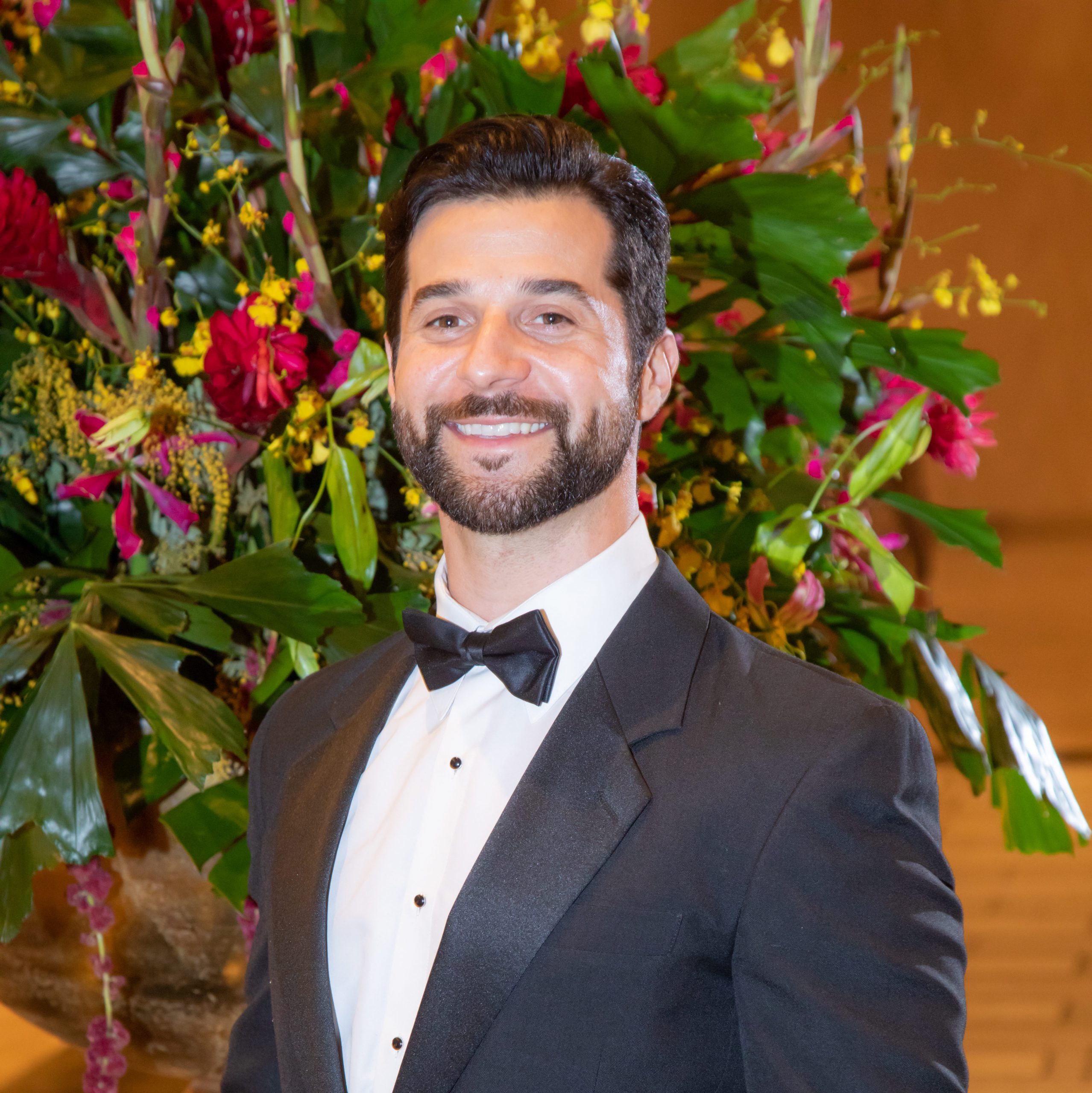Tony R. is a trusted resident of Beit T’Shuvah and a program facilitator (PF) intern. We sat down with him to talk about the importance of family, sobriety, and pushing yourself to the limit.
The following interview has been edited for length and clarity.
What brought you to Beit T’Shuvah?
I knew I needed help.
I have a 5-year-old daughter, she means everything to me, and becoming a father was my first opportunity to really be honest with myself. I was struggling with alcohol and becoming a dad made those struggles, glaring. I couldn’t lie to myself anymore.
Trying to stop on my own, I could get dry spells. But then every dry spell would lead to a bigger relapse, where I needed more. And being an actor, too, I was still making money, I was good at finding ways to keep my career going.
That last run I had everything. I had the money, I had the nice apartment, I had a car that was paid off, and that’s when I realized that the one thing that was holding me back was alcohol. I had to ask myself, what led to my alcoholism?
Did you know what that was or have you figured that out?
I knew it stemmed from this negative self-image I had of myself. That much was clear.
But, going through therapy and working with my spiritual counselor and having this team here, I could see that it stemmed from a series of things, and then a string of reinforcements of those things. Because being able to speak my trauma, speak my experience and really clearly, unfiltered, tell my story, I’ve been able to find out that I’ve been perpetuating a story that doesn’t need to be perpetuated anymore.
We’re going to switch gears for a bit. Why are you running the marathon?
Well, in my attempt to abstain from alcohol and my many failures, I was listening to motivational people, and I came across a man named David Goggins, a man who’s overcome huge obstacles. From being born with a hole in his heart to being 200-plus pounds overweight, and then becoming an ultra-marathon runner and world record-breaking pull-up competitor. He talks about coming out of your own discomfort and questioning yourself.
So I wanted to build this relationship with my discomfort.
Running a marathon is a long-term thing. It’s not instant gratification. Alcohol gave an immediate release. David Goggins talks about how when you get the discomfort, to keep pushing. I can relate to that psychologically. It’s like you kind of find out who you are when you’re at that level of wanting to quit or wanting to stop and just pushing a little bit harder and pushing a little bit more, ultimately, finding out what’s on the other side of that.
So next year, what would you say to a resident to encourage them to run?
Do it! It’s a great opportunity to get to know yourself and the limitations we create for ourselves.
What would you say to a donor thinking about sponsoring a runner?
I would say absolutely do it. Change somebody’s life. I’m a strong believer in health and fitness, especially for people that are struggling. Running a marathon, you really get to know your demons and those voices in your head that are telling you to stop or that you’re not good enough. All these excuses will come up. But by sponsoring somebody, you are giving the opportunity to explore that.
How difficult is the training?
I’m a person that likes discomfort in fitness, and its been a little bit different because I recently got an injury. I used it as an opportunity to be like, all right, well, this is a time where I can honor my progress. Does it mean I have to stop? No, but this means I have to respect where I’m at and take care of myself.
Do you think that you have to be super fit to participate?
Absolutely not. It’s great to be fit, but it’s for everybody because I think everybody’s deserving of understanding that they are more than what they think they are.
Lastly, just circling back a little bit. How have you been here? How long have you been sober?
I’ve been here for a hundred and seven days. I have one hundred and seven days sober.
I’ve had a lot of clarity. My PF internship wasn’t something I necessarily wanted to do at first, but I’ve learned to listen, and to take advice a little bit better than I ever have before and to trust people. And my counselor really recommended it to me, and I see why he saw potential in me. I am good with people. You know, acting’s my life. I love acting, and so communication is everything.
Life is the script now. I almost feel like it’s my duty since [BTS] has given me a hundred and seven days of sobriety, I owe them so much more because it gave me life and that’s what everybody else is looking for too, is just to believe in themselves again and to know that they’re deserving of a life. The biggest thing I’m trying to communicate, if I can do anything through this position is just, a day at a time show them that sobriety is not a punishment. It’s not.
And my daughter, well, I’m running this for her. I’m running this for us.
To make a donation and help Tony reach the finish line, please click here.
